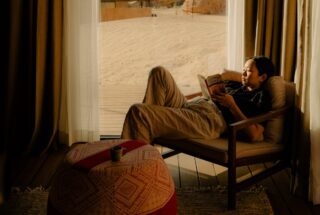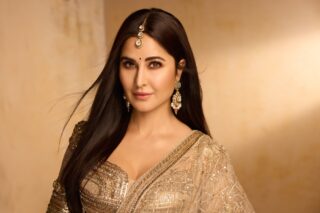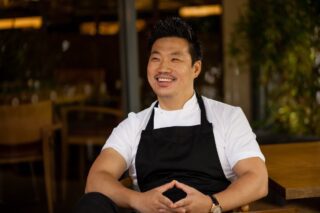This website uses cookies so that we can provide you with the best user experience possible. Cookie information is stored in your browser and performs functions such as recognising you when you return to our website and helping our team to understand which sections of the website you find most interesting and useful.
Interview: Susan Chardy talks nuances of her new film On Becoming a Guinea Fowl
By Shivani Dubey | 5 December 2024 | Culture, Philanthropy
Tempus meets Susan Chardy to chat about her new film On Becoming a Guinea Fowl, working with Rungano Nyoni and more
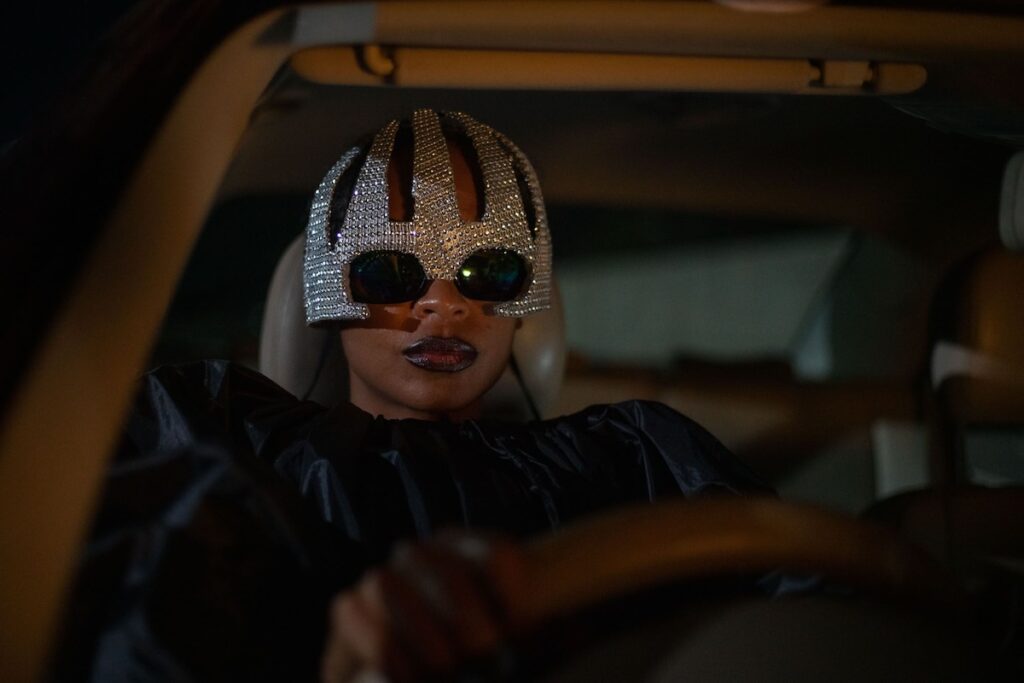 Zambian-British actress Susan Chardy is having an incredible 2024. She’s making her on screen debut with A24’s new feature On Becoming a Guinea Fowl, which premiered in competition at Cannes to rave reviews. Now, the film has secured seven nominations at the British Independent Film Awards (BIFA) — two of which are for Susan’s performance as Shula. And now, it is going to be submitted for consideration for an Academy Award.
Zambian-British actress Susan Chardy is having an incredible 2024. She’s making her on screen debut with A24’s new feature On Becoming a Guinea Fowl, which premiered in competition at Cannes to rave reviews. Now, the film has secured seven nominations at the British Independent Film Awards (BIFA) — two of which are for Susan’s performance as Shula. And now, it is going to be submitted for consideration for an Academy Award.
On Becoming a Guinea Fowl is director Rungano Nyoni’s second feature. The story centres around Shula, who stumbles across her uncle’s body while driving along an empty road. As funeral proceedings begin, she and her cousins bring to light the buried secrets of their middle-class Zambian family. The film portrays universal issues of sexual abuse and women’s rights but from the perspective of this specific culture and how it manifests itself.
Besides starring in this film, Susan is also a model, entrepreneur and philanthropist and after 15 years with the Nelson Mandela Children’s Fund UK, she recently became a global ambassador for Global Fund for Children to support the rights and voices of children and young people worldwide.
Here, Susan tells us about her new film, working with Rungano Nyoni, her philanthropic work and more. 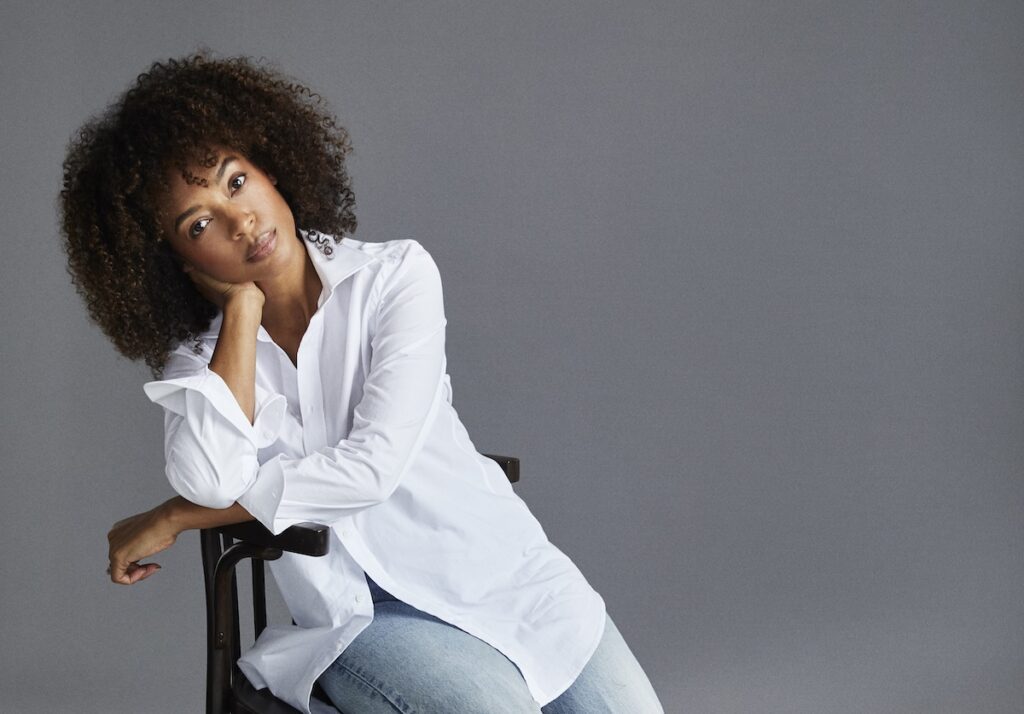 You’ve just made your screen debut with On Becoming a Guinea Fowl. How does that feel — especially with the Cannes reception?
You’ve just made your screen debut with On Becoming a Guinea Fowl. How does that feel — especially with the Cannes reception?
I wasn’t expecting any of it. Cannes was just an incredible surprise that got the ball rolling. We went to Zurich to accept an award for Best Feature, Rungano won best director at Cannes, and then we went to the New York Film Festival and got a special mention in Chicago. So it’s just been a really wonderful experience to see the reception the film has had. Now we’ve been nominated for seven BIFAs — I’ve been nominated for two, which is just…I was speechless. So it’s been a wonderful journey with the film.
What drew you to this project?
I really wanted to work on this film because I felt it was an important subject matter, especially culturally. Obviously it is more than just being centred on Zambian culture, but I felt like it was needed, and that was really my main reason for wanting to do the project. Another reason was that I really wanted to work with Rungano, especially after seeing her film I Am Not a Witch.
This film explores the culture of silence around sexual abuse from a very unique perspective. Can you talk a bit about that?
This is a universal experience, sadly, and the silence is universal as well, which is even more heartbreaking. I think from a broad perspective, it’s definitely something that was needed for everybody, just to encourage people to try to be brave enough to speak up. I think what’s special about the film is that you can make your own interpretation of the ending. For me, personally, there is light at the end of the tunnel because there’s that brave, fierce collective of different generations that come together to make noise to put an end to the silence. It’s important to try and break that silence and be brave enough to speak up. I also wouldn’t say this film is just for women. Yes, most actors in this are women — everything has a reason in this film — but everybody should watch it.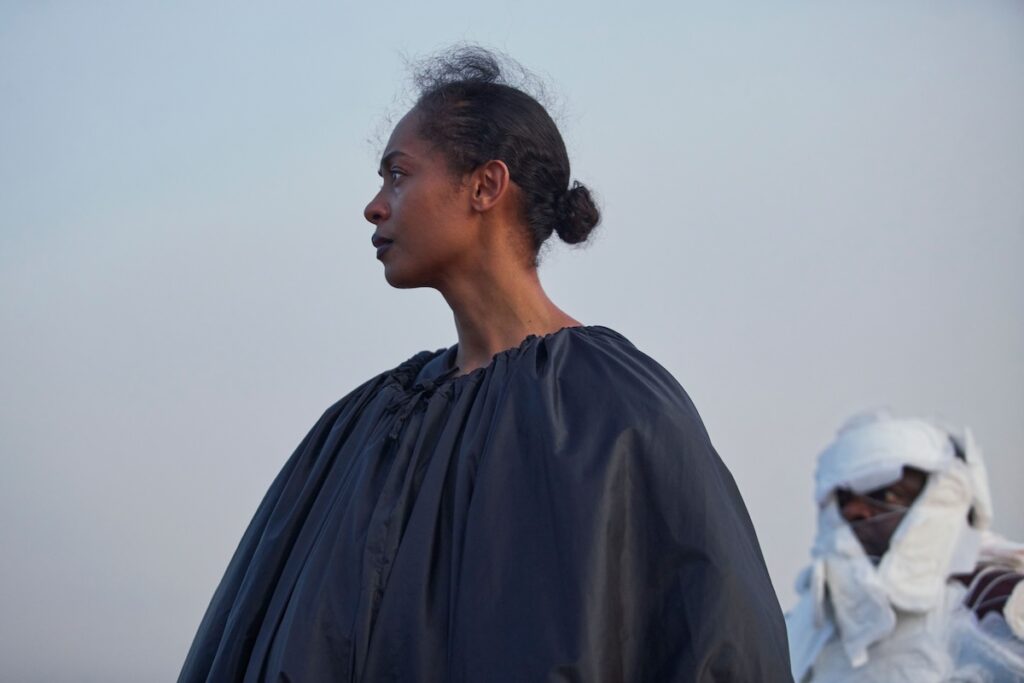 This film is set within a Zambian family. You’re of Zambian descent. Did you draw on anything from your upbringing to prepare for this role?
This film is set within a Zambian family. You’re of Zambian descent. Did you draw on anything from your upbringing to prepare for this role?
100%. I think in this art form, if you’re going to be honest with your performance, you can’t separate the two. Growing up, you see how your family and friends react to different situations and scenarios. And there’s certain parts of Shula…like, I’m not Shula, but we found a connection in certain things that I drew from my life experiences and from what she was going through. So in preparation for that, I spoke to my sisters, my grandma and my aunt and spoke to people who are still fully immersed in the culture to get their perspective. All the things that we see in the film are things that Rungano has researched that I would hear the aunties talking about when the cameras weren’t rolling. Even during filming, I was still working on Shula and discovering little trinkets that these incredible women would just drop that I’d pick up and hold.
You mentioned earlier that there’s a reason why there’s so many women in this film. What is the reason?
I believe that as women, we carry a lot of life’s burdens for ourselves and for others. And I think it was important to show that although everybody can go through this situation, it is predominantly women that are abused, undermined and treated in this way or — in certain cultures — not given the respect and the dignity that is needed for the roles they play in society. So it was important to have this collective of different women from different age groups and generations coming together. There is an understanding, a love, a unity. And I think it was important for me to show that if we do come together as women, there’s a lot more that we can do and there’s a lot of power in it — like the sound of the guinea fowl. There’s a lot more noise to be made and for people to hear us. I didn’t want it to feel like the women were against the men. I just wanted it to be about lifting us up, as opposed to putting someone else down.
This film delicately walks the line of women having to uphold customs, societal roles and traditions despite their grief or feelings — especially in the context of their abuser passing away. Can you speak a bit about the way the film chose to show this story?
It’s very delicate, and I think it’s very honest because there isn’t a big reveal or a big AHA! moment. And I thought it was really clever and truthful to life. What I like about it is that everybody’s penny drops at different times. There isn’t a point where everybody goes, ‘Oh, my gosh, now I get it.’ It just felt like a real way of portraying this situation. It’s messy. So it kind of allows people to find themselves because there’s so many different people dealing with the same thing in different ways.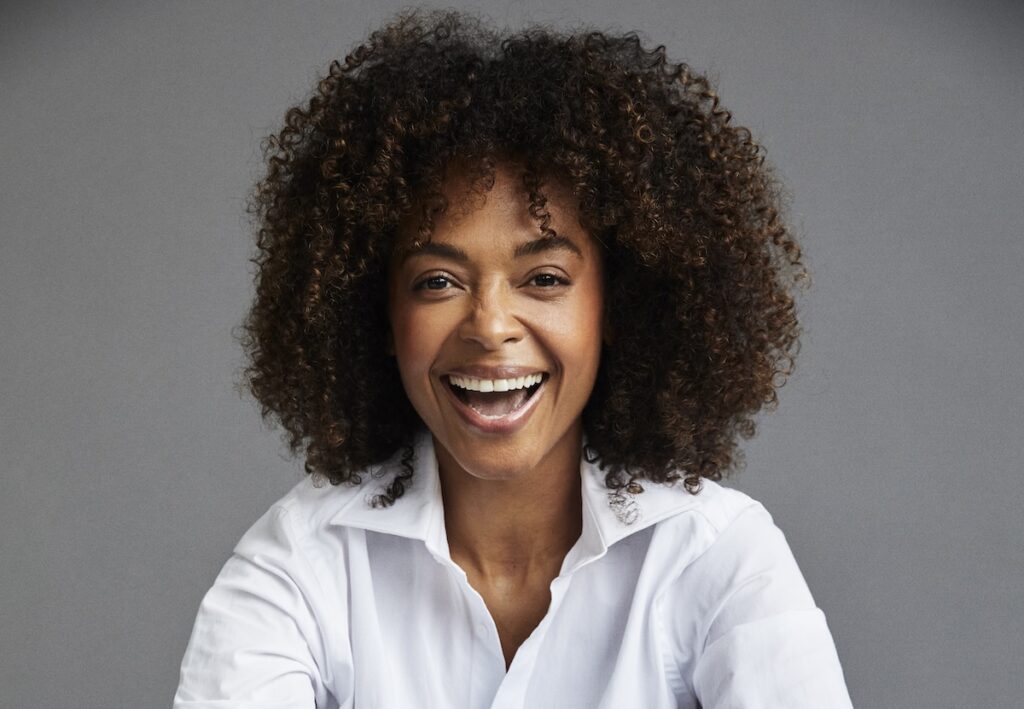 What was it like working with Rungano Nyoni?
What was it like working with Rungano Nyoni?
She was just so thoughtful, protective and trusting. It was my first role, and it was not an easy role to play, so for her to trust me with it was the biggest thing for me. She gives you this freedom, and to be able to say I collaborated with Rungano is really special. We collaborated on various scenes but I enjoyed watching her interacting differently with each actor, but uniquely to that person. on a lot of things, and it was really special to see how she spoke so differently and personally to each person. The one thing that stayed with me is that there would be a couple of times where we’d have these really emotionally heavy scenes and they’d say cut. It was beautiful to see Rungano protect us. Obviously shooting movies has certain time constraints, but she’d be like “No, give them a minute”. That was the one thing that really stayed with me, that she protected and trusted us.
You are an entrepreneur and philanthropist, working with the Nelson Mandela Children’s Fund for over a decade. What drew you to this organisation specifically?
Children have always been important to me. So for me, it was about trying to help them at that age so that they are mentally and physically healthy, educated and have a good foundation for a fair start. I met Kathi Scott, who was the chief executive of Nelson Mandela Children’s Fund UK and she loved my story and asked me if I would like to be an ambassador to help and inspire other young girls at the time. I worked with them for 15 years, raising funds and awareness, but I wanted to do more so it seemed like a natural next step to join the Global Fund for Children as their Global Ambassador, when they asked me.
What do you hope to achieve as the global ambassador for the Global Fund for Children?
I take care of Africa and Europe by doing more on a broader scale. It means a lot to me to be able to continue what I was doing before, but kind of also grow with it. When I was filming in Zambia, I actually went to visit some of the partners. It’s nice to see who you’re helping, what the money is doing and where the work is being done. I think we can all do something for this planet. It’s not always about giving money. Time is precious, and for you to give something time is priceless.
What do you hope people take away from this film?
I want people to take away hope. I also hope it opens up space for people to be comfortable enough to speak up within African cultures because there is that taboo of not speaking about these things. It allows people to feel that there are safe spaces. Also, I really hope that young people in Africa know that the adults aren’t always against you. It may feel like it because you’re being told you can’t speak, but I think if you find the courage to speak up, you might be pleasantly surprised by speaking to someone you trust. Hopefully it opens these conversations, moments and opportunities for people to speak up.
On Becoming a Guinea Fowl is in UK cinemas now.
Credits:
Photographer: David Reiss
Styling: Miranda Almond
Hair: Deborah Lola
Make-up: Maria Asadi
Susan is wearing a white cotton shirt from With Nothing Underneath and vintage jeans.


